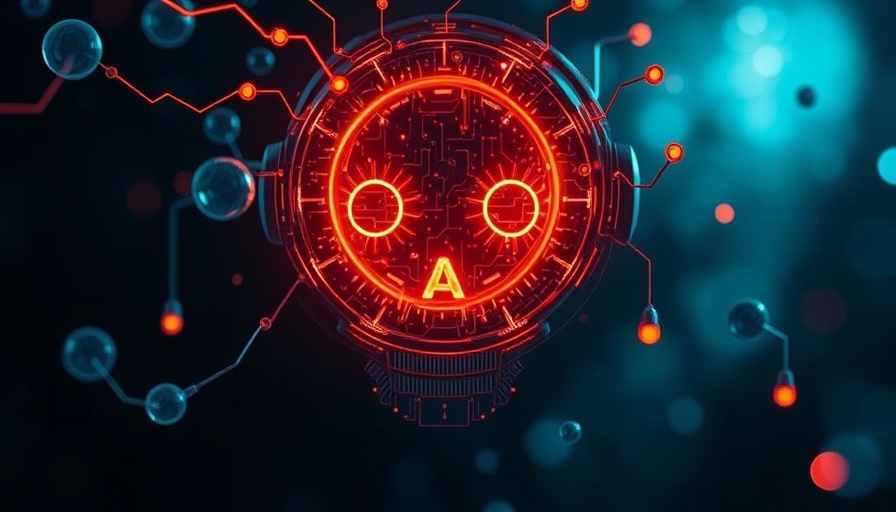
The Unpredictable Journey of Recovery from Burnout
Burnout is not just a buzzword; it is a very real struggle faced by many, especially in today’s fast-paced work landscape. For those in high-pressure roles, the symptoms of burnout can manifest dramatically, leading to exhaustion, detachment, and diminished performance. For Farida Ben Moussa, a doctor and medical advisor, this was a journey into unexpected territory—a journey where artificial intelligence (AI) became her ally in recovery.
The Reality of Burnout in the Workplace
With a staggering one in five workers in the Netherlands reported to be suffering from burnout symptoms, the implications are severe—approximately 1.6 million people face burnout-related challenges annually, leading to an estimated 11 million days of absenteeism. This trend is echoed globally, pointing to an urgent need for solutions tailored to support individuals combating this debilitating state.
Harnessing the Power of AI for Incremental Progress
During her recovery, Ben Moussa discovered platforms like Notion AI, which allowed her to take the reins in managing her mental health. The appeal of AI lies in its adaptability; while traditional recovery paths often have rigid timelines, technology can modify its guidance based on the user's immediate needs, introducing a refreshing flexibility. In her case, it provided the structure and motivation she needed to set small, achievable goals, like hanging up laundry or preparing for treatment sessions—a stark contrast to the overwhelming feeling of her burnout.
Tools Tailored to Personal Needs
AI tools serve as invaluable assets during recovery. Not only do they aid in organizing thoughts and structuring plans, but they also offer an opportunity for self-reflection. Ben Moussa describes using tools such as speech recognition to verbalize her feelings, helping her untangle the confusion often associated with burnout. This method proved essential for clarifying her thoughts and regaining a sense of control, demonstrating how technology can play a supportive role in navigating mental health.
The Role of AI: A Multiplier of Recovery Efforts
The transition from relying solely on professional guidance to integrating AI into her recovery trajectory showcased a significant shift. Many wellness programs focus on periodic check-ins, often leaving individuals to fend for themselves between appointments. AI can fill this gap, offering support systems that can identify signs of relapse or reinforce healthy patterns. This dynamic highlights AI's potential to ensure that recovery is not just about waiting for the next session but engaging actively with one’s healing process.
Future Implications: The Intersection of Technology and Mental Health
As technology continues to evolve, Ben Moussa's story is a crucial reminder of the importance of accessible mental health resources. The integration of AI into wellness routines represents a potential breakthrough, paving a path for future developments in personalized healthcare. With workplaces grappling with rising burnout rates, embracing such technology might not only support individual recovery journeys but could also foster healthier organizational cultures.
Don't Face Burnout Alone: Seek Help
Whether you are in healthcare, corporate, or any demanding work environment, understanding that burnout affects countless individuals can be a source of comfort. If you or someone you know is navigating the road to recovery, consider exploring AI tools that could facilitate momentum in your healing journey. Remember that asking for help is a sign of strength—embrace the support around you.
By taking proactive steps, whether through AI or other resources, you can reclaim your sense of self and vitality, paving the way for a brighter, healthier future. Don’t hesitate any longer—explore the options available, and believe in your capability to overcome burnout.
 Add Row
Add Row  Add
Add 




 Add Row
Add Row  Add
Add 

Write A Comment